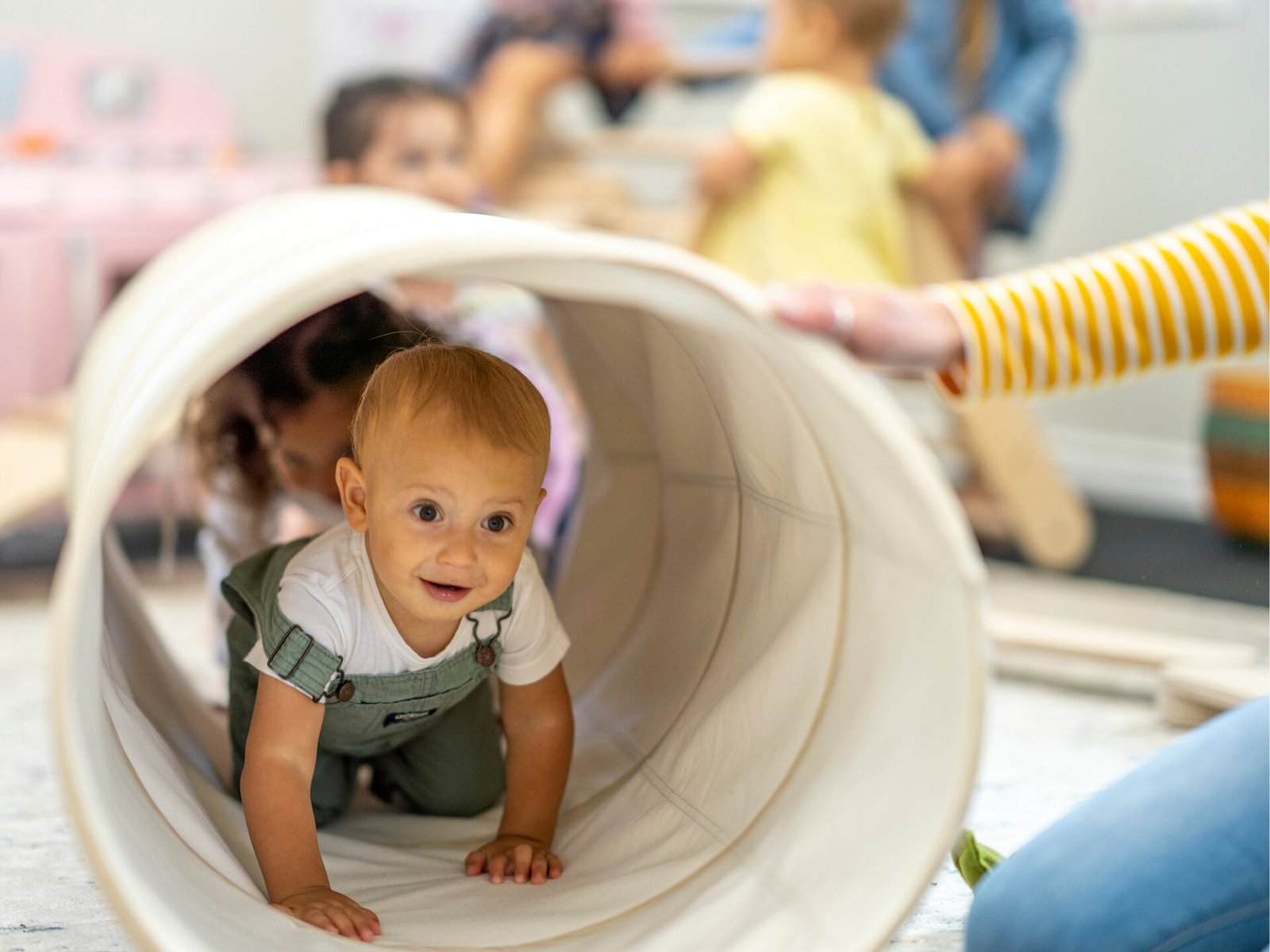The Foundation of Social Skills
Social skills are essential for children as they navigate through life. From their earliest interactions, children begin to develop communication abilities that influence how they relate to others. These skills help them express their thoughts, emotions, and needs clearly. In turn, this paves the way for forming positive relationships with peers and adults alike.
Building Confidence Through Social Interaction
Children who cultivate strong social skills typically exhibit greater confidence in group settings. Effective communication practices, like active listening and cooperative play, foster a sense of belonging among peers. When children engage socially, they learn not only to share ideas but also to understand different perspectives. This experience is invaluable as it enhances their emotional intelligence and nurtures empathy during formative years.
Long-Term Benefits of Social Skills
The benefits of developing social skills extend beyond childhood. As these children grow into adolescents and adults, they are more likely to excel in academic settings, career development, and personal relationships. Good social skills can significantly enhance conflict resolution abilities and promote collaboration in team-oriented environments. Ultimately, prioritizing the development of social skills in early education and parenting is crucial in shaping well-rounded individuals.




